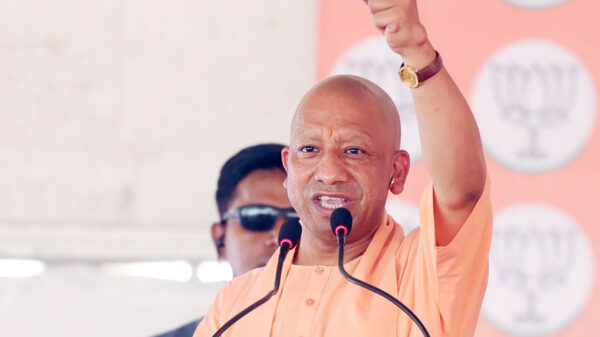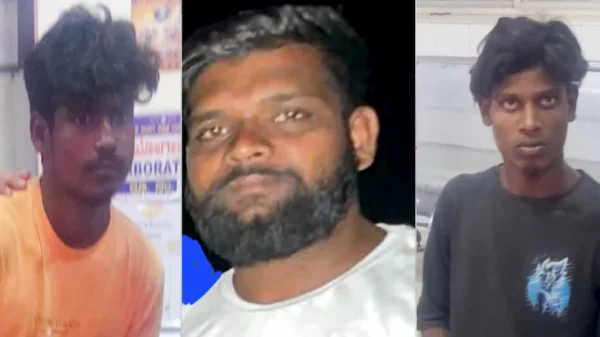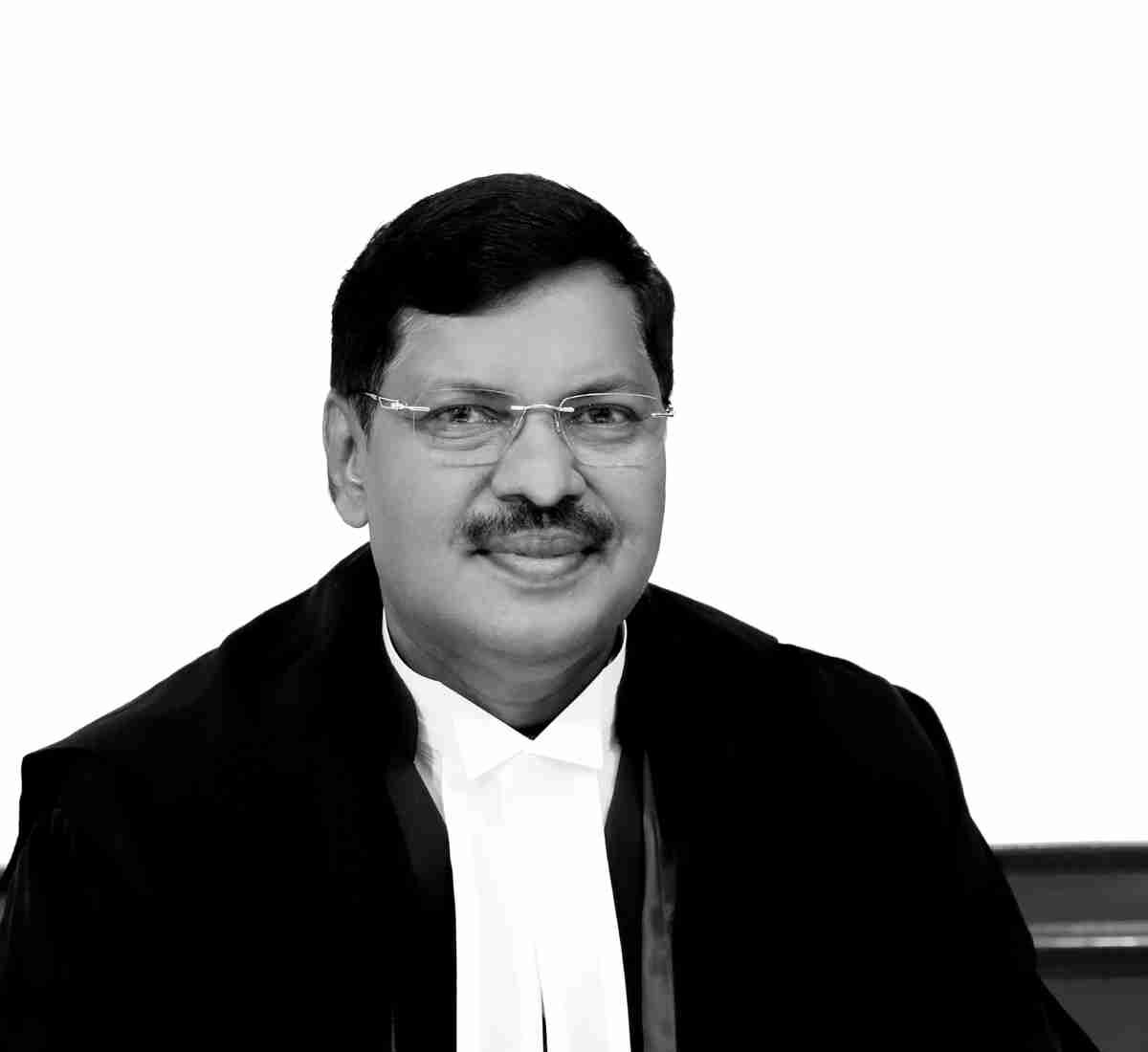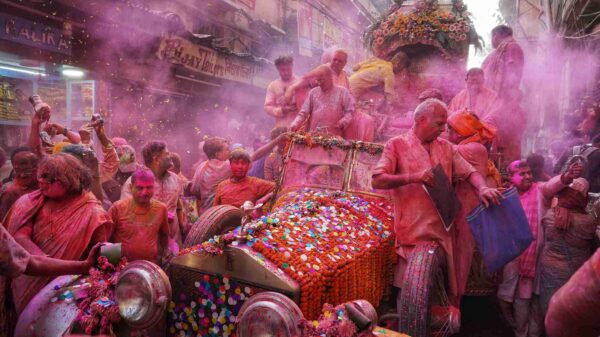Chief Justice of India B R Gavai called Kashmir “Paradise on Earth” during an event in Srinagar on Sunday and praised Sufism for spreading the idea of secularism in the country.
Speaking at the North Zone Regional Conference of the National Legal Services Authority (NALSA), Justice Gavai began with a famous Persian couplet: “Agar firdaus bar roo-e zameen ast, Hameen ast-o hameen ast-o hameen ast” (If there is a paradise on Earth, it is here, it is here, it is only here).
“I am happy to be in Kashmir again, which is known as paradise,” he said. “Whenever I visit, I receive love from everyone. I feel like I have come to my hometown.”
The CJI described Kashmir’s landscapes—its valleys, rivers, and mountains—as proof that it is “a true paradise.” He also spoke about its 3,000-year-old culture and history, crediting Sufism for strengthening India’s secular values.
“Sufism has truly promoted secularism,” he said. “In Dargahs, people from every religion—Hindus, Muslims, Sikhs—come together. Similarly, people of all faiths visit Mandirs and Gurudwaras in this region.”
Justice Gavai highlighted that Jammu and Kashmir has one of the oldest legal systems in India, dating back to the 19th century. “From 1928 till before independence, a high court existed here, and even the Maharajas respected its orders,” he said.
He reminded the audience that the Constitution promises justice—social, political, and economic—and stressed the need to fight inequality. “Our society is divided into compartments, and moving from one to another is nearly impossible. Economically, wealth is concentrated in a few hands, while many struggle for two meals a day. We must work to bring true social and economic equality,” he said.
Without directly naming conflicts, the CJI noted that Kashmir has seen “aberrations” over the past 35 years. “We need to undo these. I hope such dialogues between judges and lawyers will help rebuild a Kashmir where Hindus, Muslims, and Sikhs live together as they once did,” he said.
Justice Gavai called lawyers and judges “two wheels of the golden chariot of justice.” He added, “If one wheel stops, the chariot cannot move. Together we must ensure that even people in the last village know their rights. Rights are meaningless unless people know they have them.”
He also suggested that the Jammu & Kashmir High Court consider setting up a separate bench for Ladakh, saying it has been a long-standing demand from the region’s lawyers.






























































